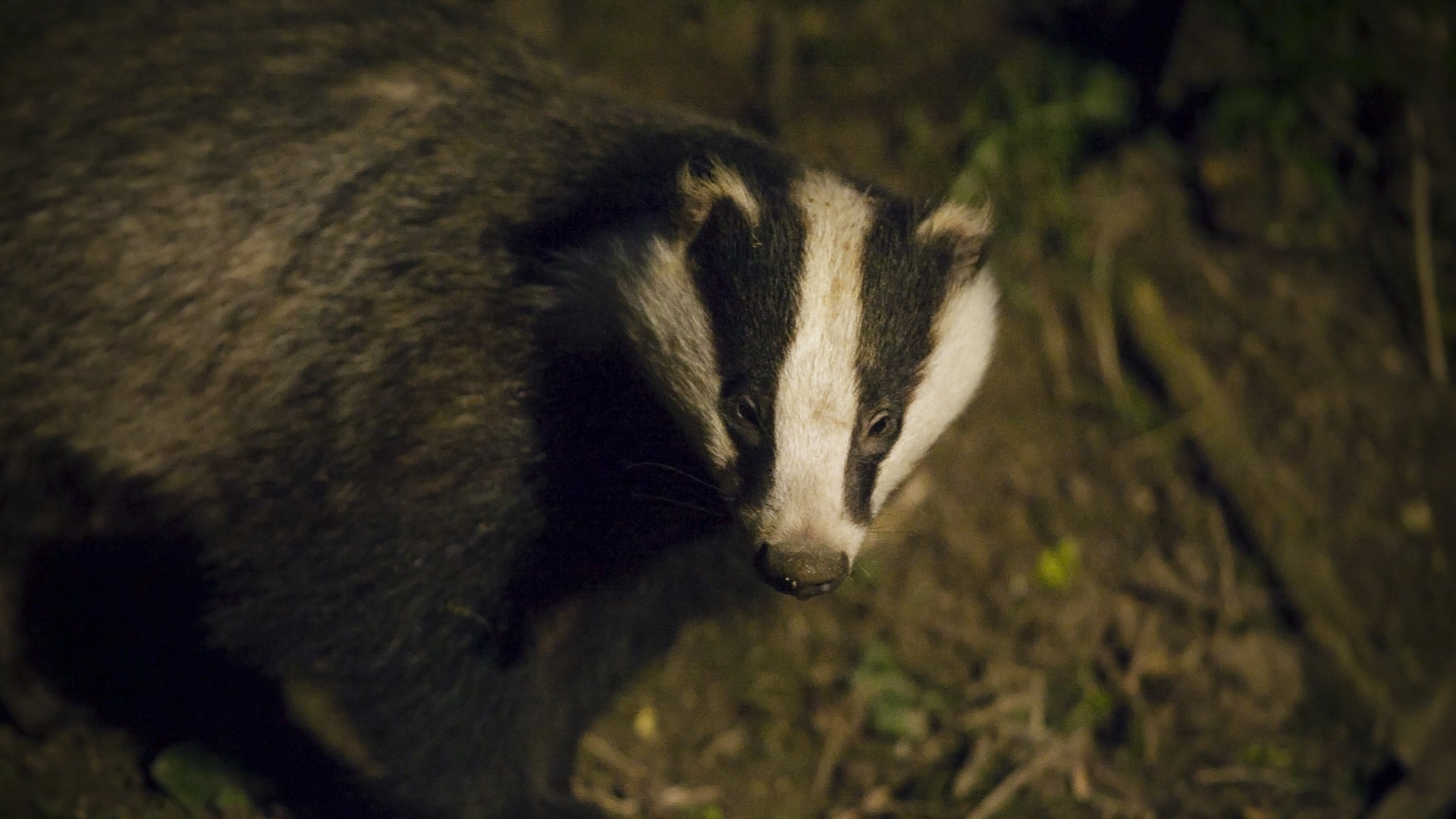Sheffield & Rotherham Wildlife Trust has launched an appeal to raise £50,000 to help protect local badgers at threat from the Government’s badger cull. Donations will help the Trust plan and deliver a programme of work which aims to vaccinate local badgers and promote improved biosecurity on farms.
Following a consultation earlier this year, the Government announced it would extend culling to bTB hotspots in Low Risk Areas where badgers are – including Sheffield and Rotherham.
The Trust will use the funds to help kick start a badger vaccination programme at selected sites and work with local farmers and other landowners to improve biosecurity measures, preventing cattle and badgers from coming into contact with one another, reducing the chances of infection and hopefully preventing any requirement for culling in our area. In the event of any difficulties arising which may prevent vaccination or biosecurity activity from taking place, the Trust will use the funds to carry out land management work to improve local habitats for badgers. The appeal and work programme will continue until 2024.
Liz Ballard, Chief Executive, Sheffield & Rotherham Wildlife Trust, said:
“Following the Government’s decision to expand culling to Low Risk Areas, badgers could now be culled in Sheffield and Rotherham. We need your help to stop this happening. If we can take early action to protect our badger population, we’re hopeful we can stop culling from taking place. Please give what you can to our appeal and help us save our local badgers.”
Badgers are one of a handful of large native mammals left in the UK. They are Britain’s largest land carnivore, protected by national and international law and are an important part of our biodiversity. The UK has 25% of the global population of the Eurasian badger Meles meles, so we have an international responsibility to conserve the UK population of this much-loved species.
Bovine Tuberculosis (bTB) is caused by the bacterium Mycobacterium bovis, which affects a range of mammal species. It is a particularly unpleasant disease and is very distressing for farmers who will see entire herds culled if bTB is present.
Cattle become infected by bTB from other cattle – a major issue as live herds are regularly transported around the world – and from other infected mammals, including badgers. It is not known what proportion of bTB in cattle arises from badgers, with estimates from 20% to 50%.
Since 2010, the Government has been piloting a licensed shooting policy as a method of culling badgers in identified areas with the aim of delivering a reduction in confirmed new incidents of bTB in cattle herds. The culls were being deployed in ‘high risk’ areas, identified by their high incidence of confirmed bTB in cattle.
All 46 Wildlife Trusts including Sheffield & Rotherham are opposed to badger culling and Sheffield & Rotherham Wildlife Trust will not allow culling on its land – a position also shared by both Sheffield City Council and Rotherham Council. There is strong scientific evidence that culling badgers will make no meaningful contribution to the management of bTB and may even be counterproductive to its reduction. The Randomised Badger Culling Trial (1998-2007) found that while culling badgers in control sites reduced bTB incidence within the cull zone, it actually increased in neighbouring areas. This is known as the “perturbation effect”, caused when infected badgers move out of the area following disturbance by the culling operation, infecting cattle and/or other badgers outside of the culling zone.
It’s clear that action needs to be taken to combat the spread of bTB and the hardship caused to farmers, with an increasing number of cattle contracting the disease this year. In the short-term, a nationally-coordinated sustained programme of badger vaccination, improved biosecurity measures and improved testing and control of cattle movement would be the best means of tackling the disease.
How would a badger vaccination programme work?
If the Trust secures enough funding from its appeal to proceed with a programme of vaccination, it will:
- Identify and survey setts to be vaccinated
- Train and certify a vaccinator
- Obtain the necessary licenses
- Acquire the vaccine
- Trap, vaccinate and release badgers
- Repeat this annually for five years to ensure long-term bTB immunity.
What will the Trust do with the appeal funds if it decides not go ahead with a vaccination programme?
Establishing a programme of badger vaccination will be logistically complex, expensive and resource heavy, and it may be that problems presented could preclude the Trust from delivering a vaccination programme effectively. If the Trust was to decide that a vaccination programme was ultimately not feasible, the appeal funds would instead be used to invest in resources enabling it to work directly with farmers and landowners to provide information, advice and support in delivery of improved biosecurity – such as implementing barriers to restrict herd movement and prevent cattle coming into contact with badgers or neighbouring herds, preventing badgers from accessing cattle feed, water and mineral sources, ensuring robust checks, testing and other preventative measures to reduce the likelihood of infection and breakout of bTB.
